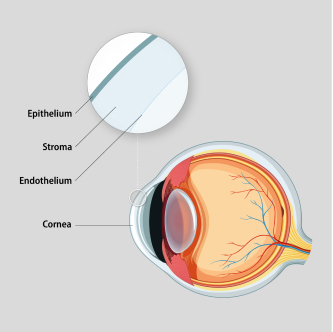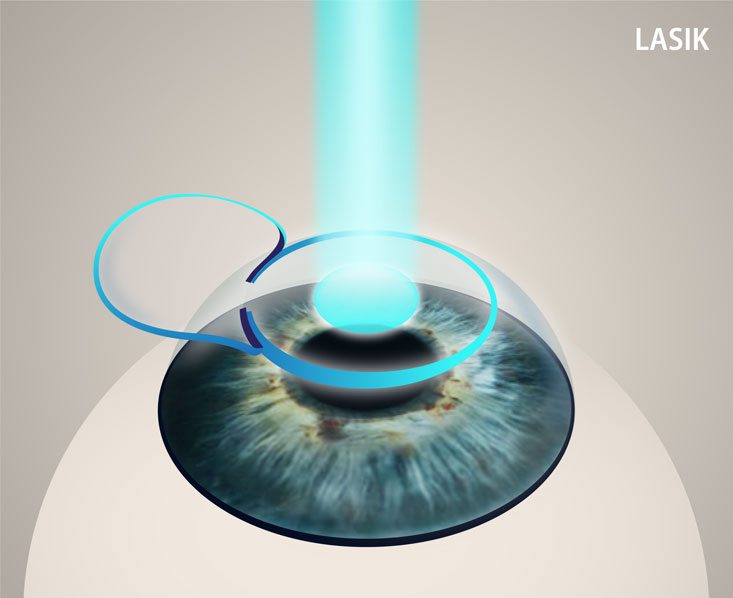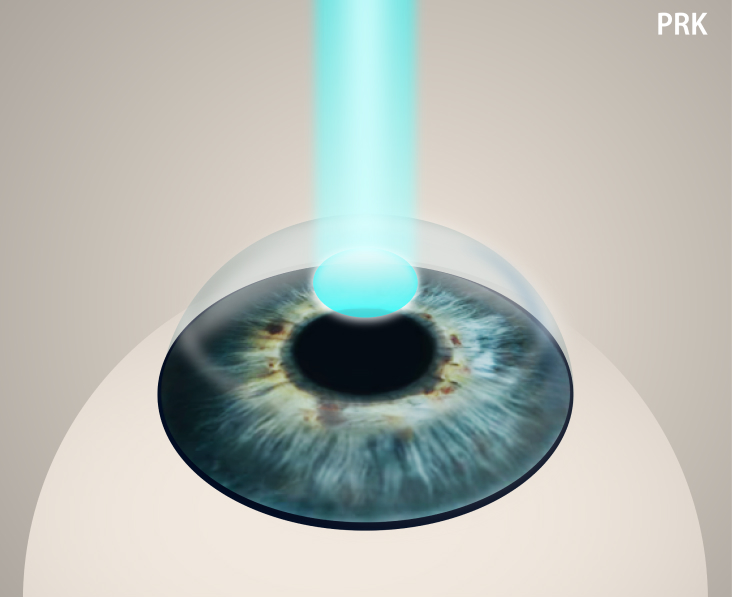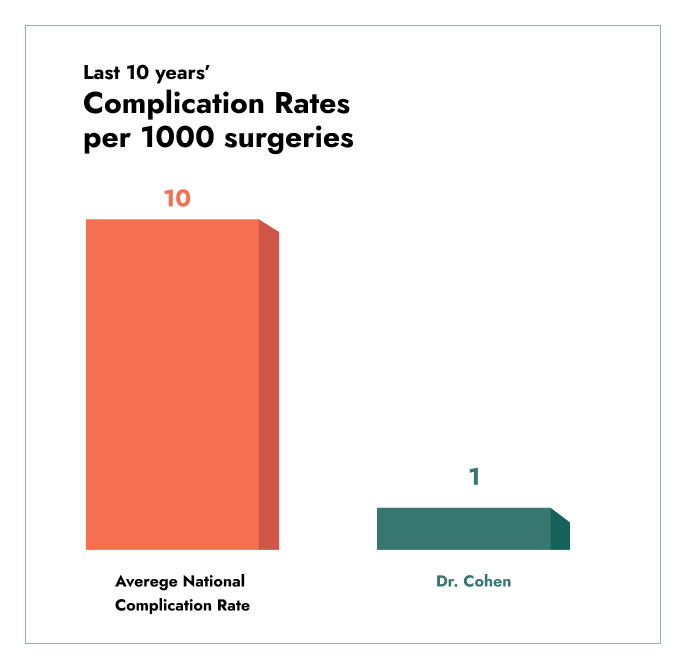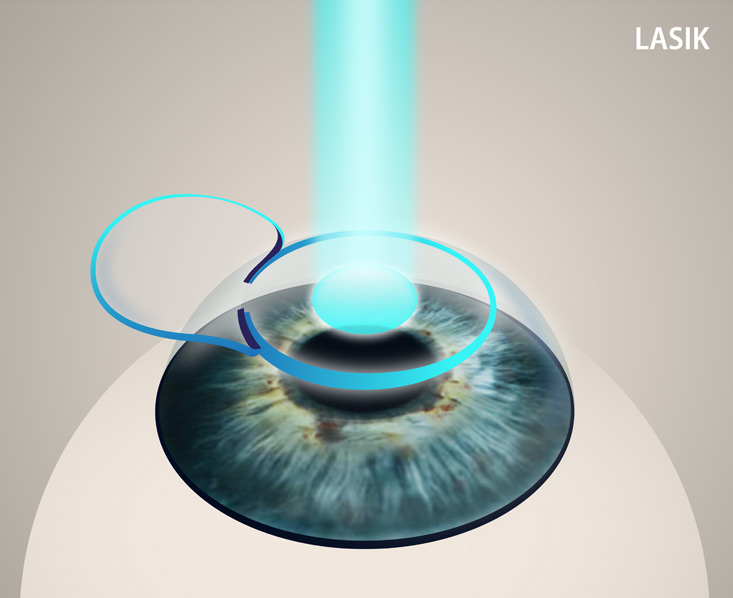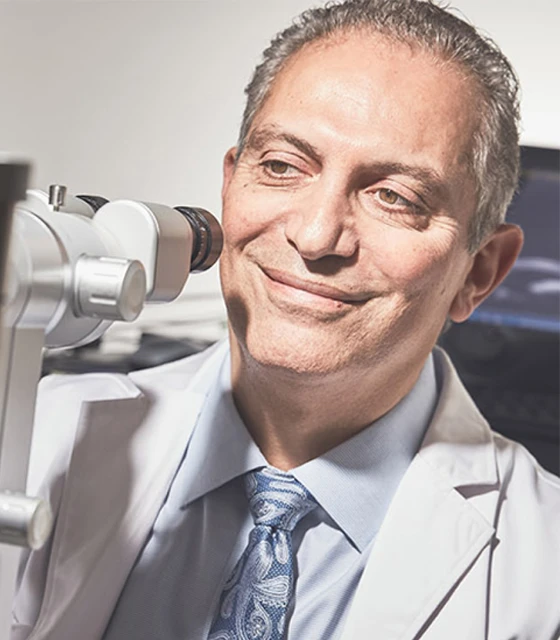The number of different vision correction procedures can be overwhelming. While you may have heard of LASIK, you might not have come across the term Photorefractive Keratectomy (PRK).
This article will give you a better understanding of PRK, whether it could be a solution for you, and how it compares to LASIK.
